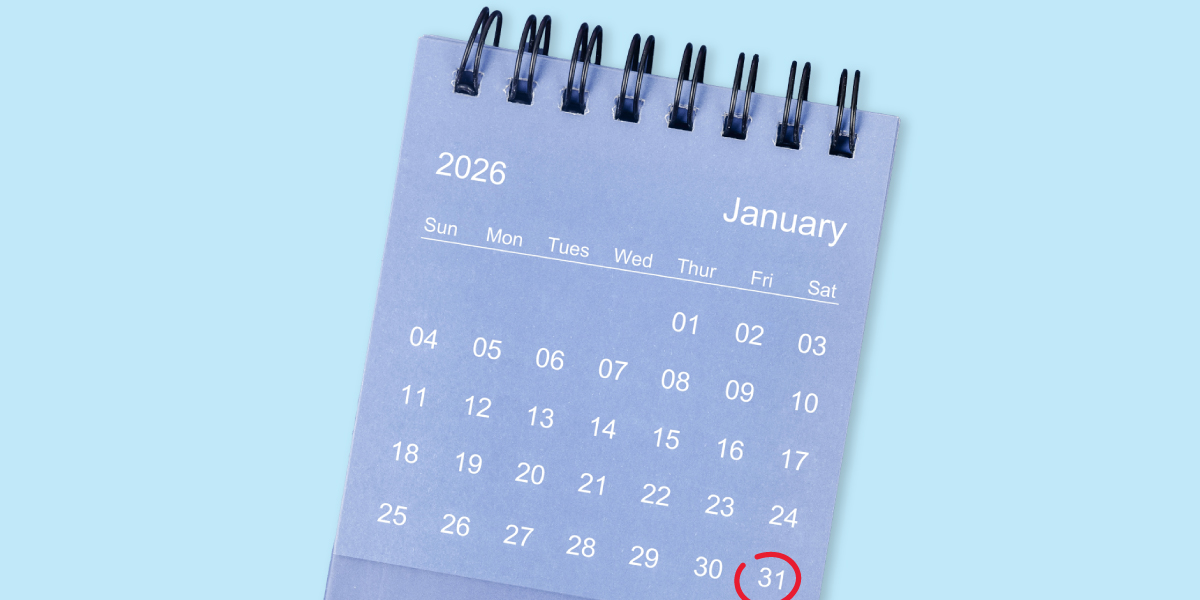
MEMBER EXCLUSIVE
Members can use GoSimpleTax to file to HMRC at a great price and avoid costly accountant fees.
Get startedBy clicking a retailer link you consent to third-party cookies that track your onward journey. This enables W? to receive an affiliate commission if you make a purchase, which supports our mission to be the UK's consumer champion.

Tax credits ended on 5 April 2025 and has been replaced by Universal Credit. You should have received a migration letter from the Department of Work and Pensions if you are eligible for Universal Credit. You will not be moved automatically and you must claim Universal Credit by the date given in the letter. You can find out more in our guide on Universal Credit.
Child tax credit was a means-tested benefit designed to top up your income if you are responsible for at least one child or young person.
How much you could get depended on your income, the number of children you have, and whether any of your children are disabled.
The income threshold for receiving the maximum amount of child tax credit in 2024-25 – the last year in which child tax credit was payable – was £19,995.
For every £1 of income over this threshold you earned per year, the amount of tax credit you were paid decreased by 41p.
To be eligible for child tax credit, you must have been responsible for at least one child or qualifying young person. You didn't have to be the child's parent but must have been considered as their main carer.

Members can use GoSimpleTax to file to HMRC at a great price and avoid costly accountant fees.
Get startedChild tax credit was made up of a number of different 'elements' or payments. The table below shows the different child tax credit elements and the maximum amount each element was worth in the 2024-25 tax year, the last year for which child tax credit was payable.
| Child tax credit elements | What was it? | Maximum amount paid 2024-25 |
|---|---|---|
| Family element | The basic element for families with one or more children. | £545 |
| Child element | Paid for each child or young person. | £3,455 |
| Disability element | Paid for each child you are responsible for with a registered disability. | £4,170 |
| Severe disability element | Paid for each child you are responsible for who receives the Highest Rate care Component of Disability Living Allowance. | £1,680 |
The amount you are eligible for with Universal Credit may be different to the amount of child tax credit you received – you can see a full table of allowances in our guide to Universal Credit.
However, if your Universal Credit entitlement is less than your previous tax credits or benefits then you may be eligible for financial protection as part of the move to Universal Credit. This additional amount is known as ‘transitional protection’.
A key difference in eligibility is that the amount you can have in savings is different for Universal Credit than it was for tax credits.
Child tax credits didn't take savings into account, but Universal Credit does.
Usually you don’t qualify to get Universal Credit if you have £16,000 or more in savings or capital. However, if you move over to Universal Credit from tax credits because you received a letter about it from the Department for Work and Pensions, your savings don't affect your eligibility for Universal Credit for 12 assessment periods (about 12 months).
At the end of this time, if you still have £16,000 or more in savings you no longer qualify for Universal Credit. If you still have between £6,000 and £16,000, your Universal Credit payments are reduced by £4.35 for every £250 of savings you have.
No. Child benefit and child tax credit are different payments. Child benefit continues to be offered to those that are eligible.
Child benefit isn't means-tested, so anyone responsible for a child can claim it no matter how much they earn (although if you or your partner earns more than £60,000 a year, you will have to pay the 'high-income child benefit charge').
Find out more: Child benefit rates and calculator
Use the jargon-free calculator provided by GoSimpleTax to complete and securely submit your tax return direct to HMRC.
Calculate your tax bill